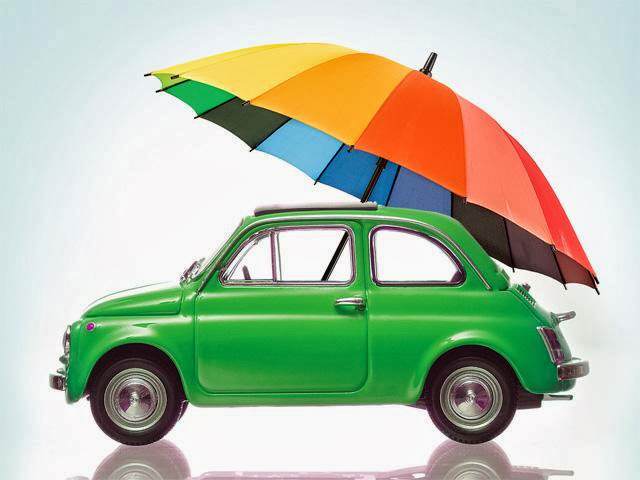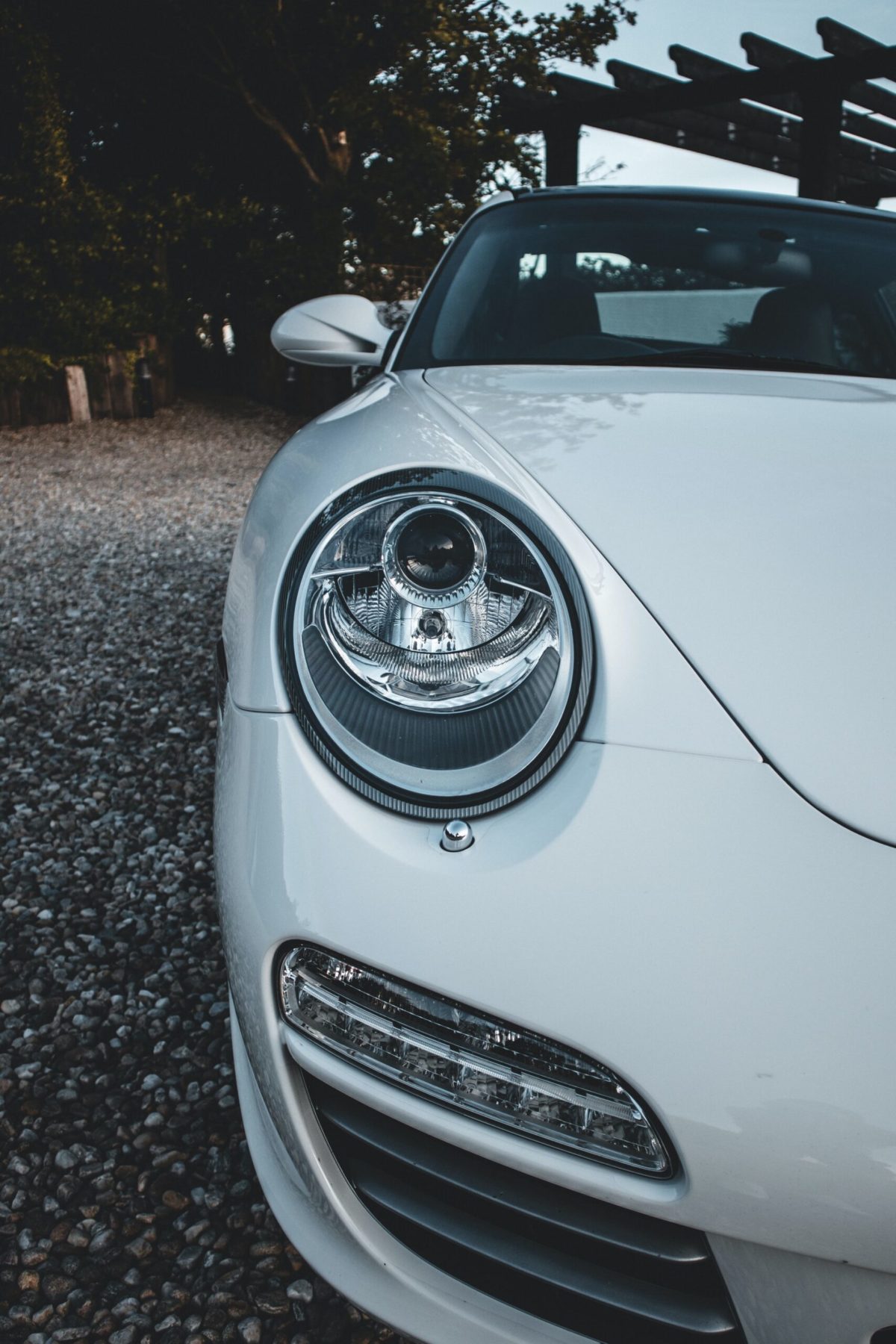The importance of car insurance to suit your needs and your pocket
For many people, car insurance is a grudge purchase because it isn’t something many people are excited to pay; yet without it, you could find yourself in long-term financial difficulties if your car isn’t covered by insurance.
If you are thinking of cutting back on your monthly expenses by saving on car insurance payments, you might end up thinking again if something were to happen to your car – and, even more so if the incident is your fault. As a first-time car owner, paying for insurance should be a must-have line item within your monthly budget.
Car insurance is a way of protecting your car – and yourself – against the harm and the costs if your vehicle is involved in an unfortunate incident such as an accident or gets stolen. By paying a monthly insurance premium and your personal return on investment is the peace of mind that comes with knowing that your vehicle will be covered by your insurer.

Knowing why you need car insurance is one thing but, making sure you choose the policy that will best safeguard your vehicle, is another – Kutlwano Mogatusi, WesBank Motor communication specialist
If your vehicle is insured with a reputable insurer catering for your needs, you will be covered for a vehicle accident, a natural disaster, fire or theft. In the unlucky incident that the accident is your fault and damage is caused to another vehicle, the driver or passengers, or even a pedestrian, your insurance should cover you for that too.
So, why do you need car insurance?
Well, if life were predictable, and we could see into the future through a crystal ball, we might think of insurance as an unnecessary cost. However, because it isn’t, and we can’t, having car insurance is like a safety net if something goes wrong.
Also, if you are trying to settle an insurance claim with a third party who has damaged your vehicle, you can call on your insurance company to resolve the matter. It takes the stress out of the process, and you don’t need to get involved in the admin related matters. You also have the peace of mind that it will keep your car safe in the case of an unforeseen curved ball that life might throw your way.
“Knowing why you need car insurance is one thing but, making sure you choose the policy that will best safeguard your vehicle, is another. The right policy ensures that your vehicle is safe from natural disasters, the threat of theft, fire, third party cover, damage or even a write-off resulting from an accident. This is comprehensive insurance cover, and it is usually mandatory if you have a vehicle finance agreement with a financial institution such as WesBank,” explains Kutlwano Mogatusi, WesBank Motor communication specialist.
A luxury car will attract a higher insurance premium, while an older vehicle or a second-hand car with a lower market value will cost less to insure
– KUTLWANO MOGATUSI, WESBANK MOTOR COMMUNICATION SPECIALIST
Knowing how insurance works will serve you well
The best car insurance policies include vehicle repairs and replacements, reimbursement for damages to the other party or parties from an accident you cause, car hire while your car is being repaired, and even roadside assistance. When you report a claim to your insurance company, a representative should be available to manage the claims process and assist you with any questions you may have.
Shopping around for a policy that suits both your needs and your pocket is advisable. Be sure to read, and understand, the terms and conditions within the fine print too – you don’t want any nasty surprises if you need to make a claim.
“Knowing what factors can affect the amount you pay on your monthly premium will also help you make a more informed decision on what insurance policy to use.
This starts with the type of vehicle you drive – a luxury car will attract a higher insurance premium, while an older vehicle or a second-hand car with a lower market value will cost less to insure. Even the colour of the vehicle can impact the insurance cost, with white and lighter-coloured cars attracting a lower premium,” explains Mogatusi.
With so many car insurance deals on the market, you can shop around for the best rates.
– KUTLWANO MOGATUSI, WESBANK MOTOR COMMUNICATION SPECIALIST
Factor which affect your premiums
Living in South Africa, the risk of vehicle theft is a real issue too, and some makes of cars are more of a target for thieves and crime syndicates. Again, this can influence your insurance policy premium because the insurer will take into account the increased risk in insuring your vehicle.
Premiums can also be affected by other factors such as your age, where you live and work, and the length of time you have been a licensed driver. How you manage your personal finances and your credit history will also be considered as the insurance provider needs to ascertain your risk profile when determining your premiums.
As a young professional, if you have been driving for less than five years, you are considered an inexperienced driver to the insurance company. No matter how competent a driver you may be, the insurer considers an inexperienced driver to pose a greater risk if you are involved in an accident. Again, this will affect your premiums, as will the noting of who the regular driver of the vehicle is. It is important to ensure these details are listed correctly.
Always look for the best deal to suit your pocket; we will always recommend comprehensive insurance as first prize.
– KUTLWANO MOGATUSI, WESBANK MOTOR COMMUNICATION SPECIALIST
A high safety rating and increased safety measures in the car can attract a lower insurance premium. This is because the vehicle has less chance of being broken into and features such as airbags, ABS brakes, a seat-belt warning system and rear-view camera could assist in lessening the damage in the case of an accident.
While the monthly premiums for insurance may seem like a grudge payment, it is important to consider this in alternative light.
If you are involved in an incident and have no insurance cover, you will have to pay for the damages to your car and the other vehicle, if it is your fault, from your own pocket.
“With so many car insurance deals on the market, you can shop around for the best rates. Consider the extra benefits on offer too, such as roadside assistance, discounts for good driving or lowering your premiums annually as your vehicle depreciates in value.
Look for the best deal to suit your pocket. We will always recommend comprehensive insurance as first prize. If this is not affordable in your current circumstances, make sure that at the very minimum you then have the basics of fire, theft and third-party covered,” says Mogatusi.


